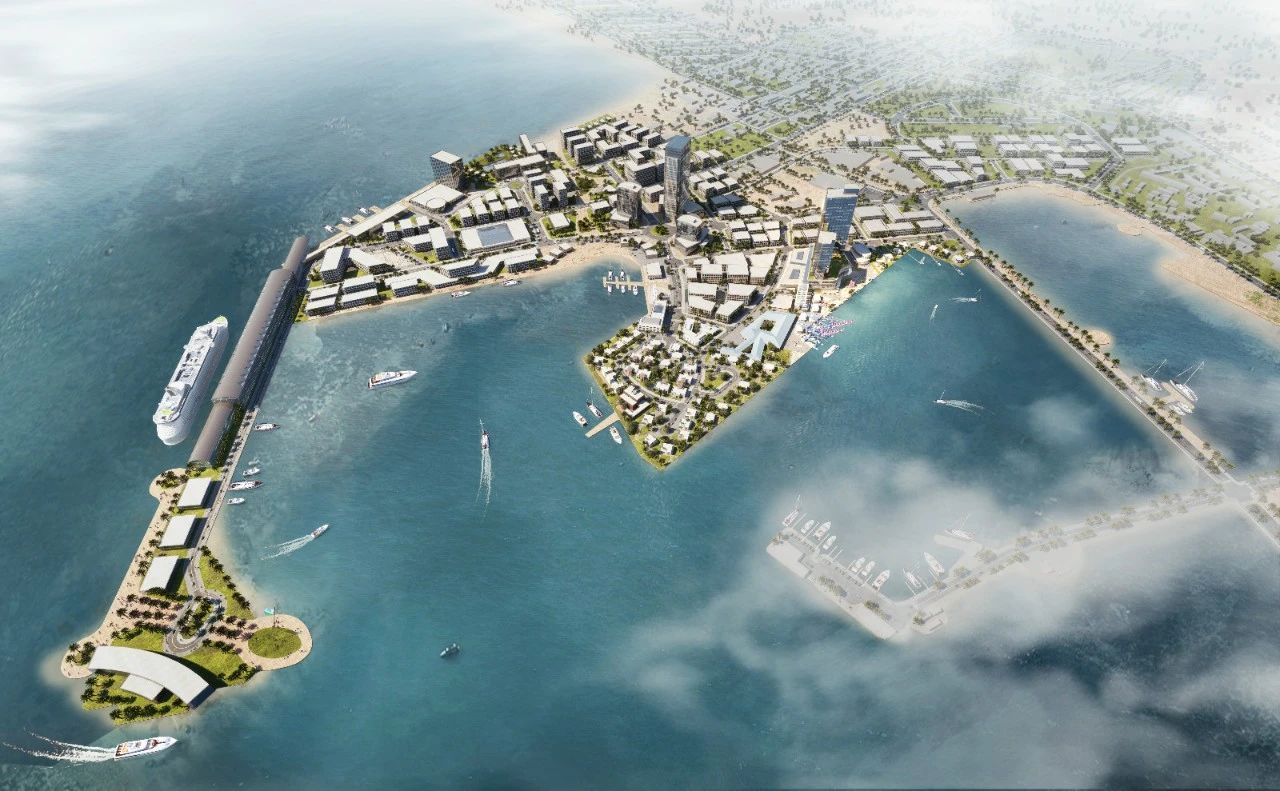Djibouti, a small but strategically located country in the Horn of Africa, is often overlooked but possesses a wealth of history, culture, and natural beauty. As a gateway to the Red Sea and the Gulf of Aden, Djibouti serves as a vital trade hub, connecting Africa, the Middle East, and beyond.
The country is characterized by its diverse landscapes, which range from arid deserts to beautiful coastlines and vibrant urban centers. Djibouti’s unique position and rich cultural heritage make it an intriguing destination for travelers seeking adventure and exploration.
Table of Contents
Geography
Djibouti is a small country, covering an area of approximately 23,200 square kilometers. It is bordered by Eritrea to the south, Ethiopia to the west and south, and Somalia to the southeast. The country also has a coastline along the Red Sea and the Gulf of Aden, making it a significant maritime trade route.
Djibouti’s location at the Bab-el-Mandeb Strait, which connects the Red Sea to the Indian Ocean, plays a crucial role in global shipping and trade. The landscape of Djibouti is diverse, with a combination of arid deserts, rocky plateaus, and coastal plains. The country is home to several notable geographical features, including the Hamon Mountains and Lake Assal.
Lake Assal is the lowest point in Africa and one of the saltiest lakes in the world, surrounded by stunning volcanic landscapes. The climate in Djibouti is predominantly hot and dry, with temperatures often exceeding 40°C (104°F) during the summer months. Rainfall is scarce, occurring mainly between July and September.
States of Djibouti
The Country is divided into six administrative regions, including the city of Djibouti, which serves as its capital and is also considered a separate administrative region. Here’s a table listing the six administrative regions of Djibouti along with their capitals:
| No. | Region | Capital |
|---|---|---|
| 1 | Ali Sabieh Region | Ali Sabieh |
| 2 | Arta Region | Arta |
| 3 | Dikhil Region | Dikhil |
| 4 | Djibouti Region | Djibouti City |
| 5 | Obock Region | Obock |
| 6 | Tadjourah Region | Tadjourah |
History
Djibouti’s history is rich and complex, shaped by its strategic location and cultural exchanges over centuries. The region has been inhabited since ancient times, with evidence of human settlement dating back to the Paleolithic era. Throughout history, The Country has been a crossroads for trade, connecting the Arabian Peninsula with the African mainland.
In the 19th century, The Country became a key port for trade between Europe, Africa, and the Middle East. The French established a colony in the region in 1883, naming it French Somaliland. The strategic importance of Djibouti as a shipping hub grew during this time, leading to increased French influence in the area. The Country gained independence from France on June 27, 1977, and became a republic.
The post-independence era was marked by political challenges and conflicts, including tensions with neighboring countries. The Country has experienced periods of instability, but it has managed to maintain a relatively peaceful environment compared to some of its neighbors. The country plays an essential role in regional security, hosting military bases for various countries, including the United States and France, to combat piracy and terrorism.
Top Ten Must-Visit Destinations
1. Lake Assal
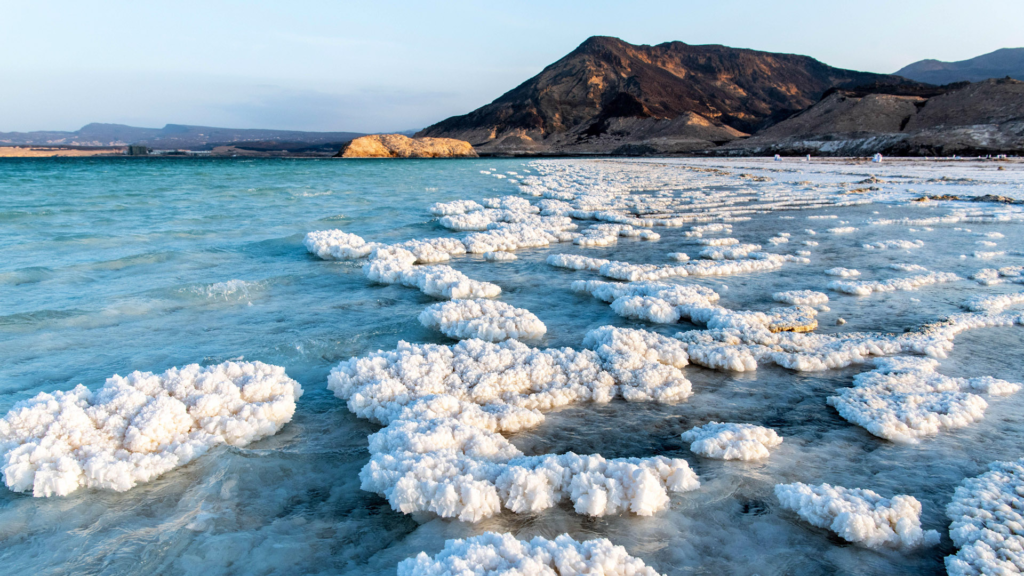
Lake Assal is one of Djibouti’s most remarkable natural wonders and is the lowest point in Africa at 155 meters (509 feet) below sea level. The lake is known for its striking turquoise waters and high salinity, making it a unique destination for visitors. Surrounded by volcanic landscapes, Lake Assal offers opportunities for hiking, photography, and experiencing the stunning beauty of the region.
2. Djibouti City
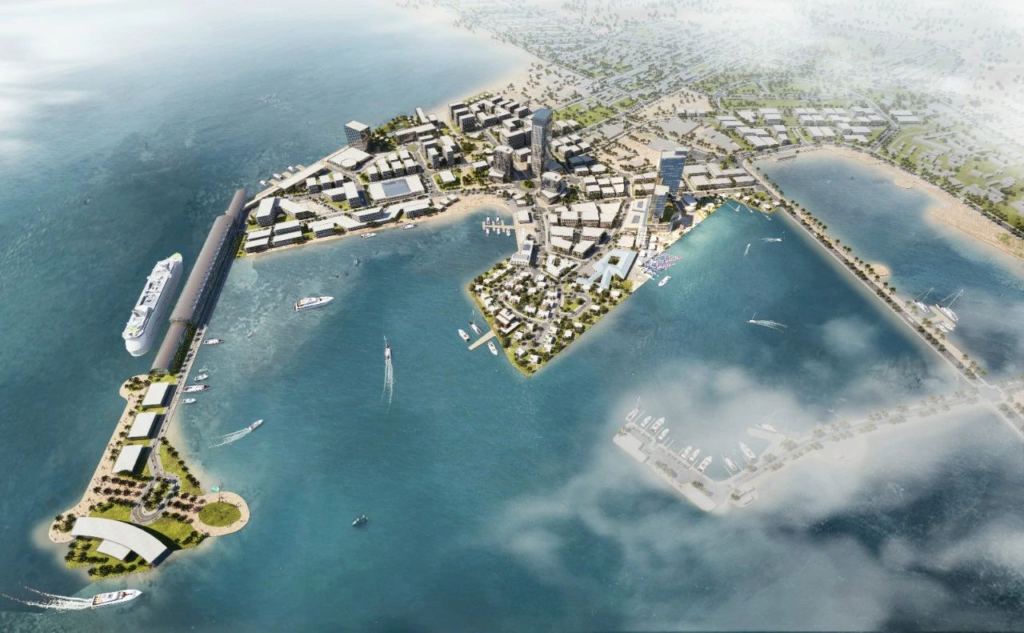
Djibouti City, the capital and largest city of the country, is a vibrant urban center that blends modernity with tradition. The city features bustling markets, lively streets, and a rich cultural scene. Visitors can explore the Central Market, sample local cuisine, and admire the architecture of historic buildings such as the Presidential Palace and the St. George’s Cathedral. The city also serves as a gateway to the rest of the country.
3. The Goda Mountains
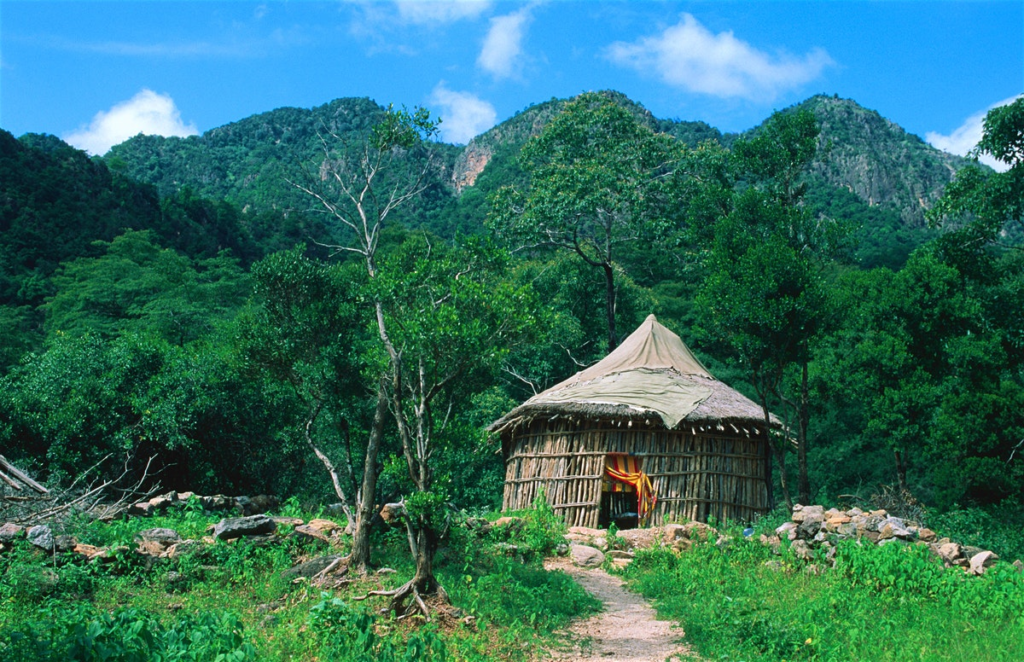
The Goda Mountains, located in the southeastern part of Djibouti, offer breathtaking views and opportunities for outdoor activities. The rugged terrain is perfect for hiking and exploring the diverse flora and fauna of the region. The mountains are home to several endemic species and provide a cool escape from the arid lowlands, making it a popular destination for nature enthusiasts.
4. Lac Abbe
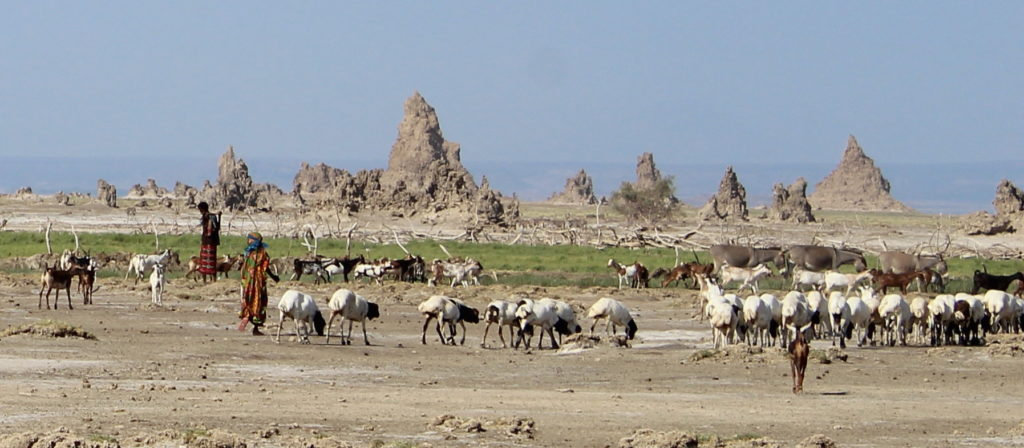
Lac Abbe is a stunning salt lake located in the Afar region of Djibouti. The lake is known for its surreal landscape, featuring dramatic limestone chimneys that rise from the salt flats. Visitors can take guided tours to explore the unique geological formations, spot flamingos and other bird species, and enjoy the otherworldly scenery at sunrise or sunset.
5. The Day Forest National Park
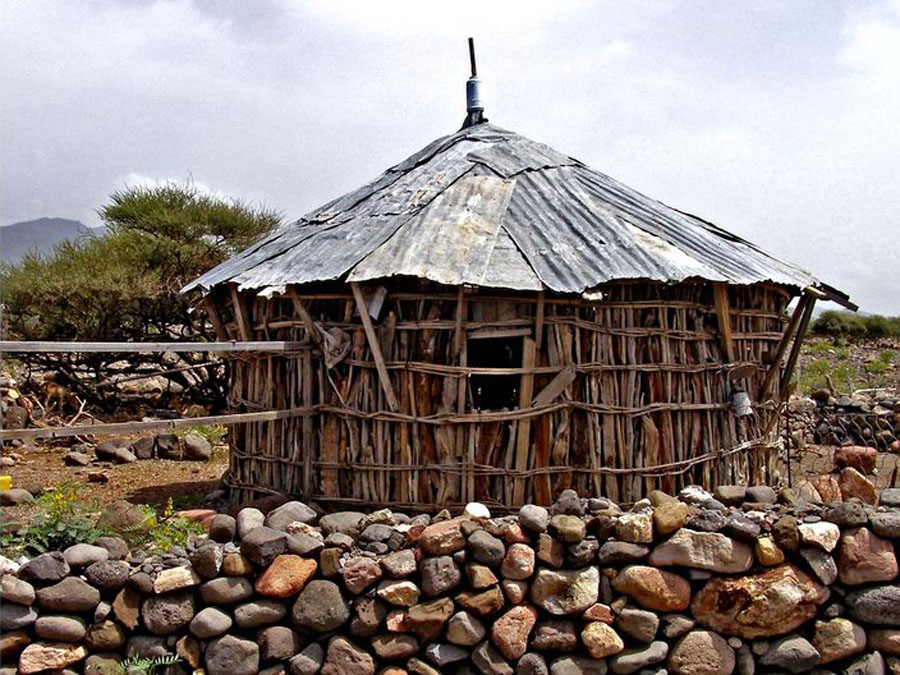
The Day Forest National Park is a lush, mountainous area located in the northern part of Djibouti. This protected area is home to diverse ecosystems, including forests, savannahs, and wetlands. The park is rich in biodiversity, with several endemic species of plants and animals. Visitors can hike through the forest trails, enjoy birdwatching, and experience the beauty of Djibouti’s natural heritage.
6. Tadjoura
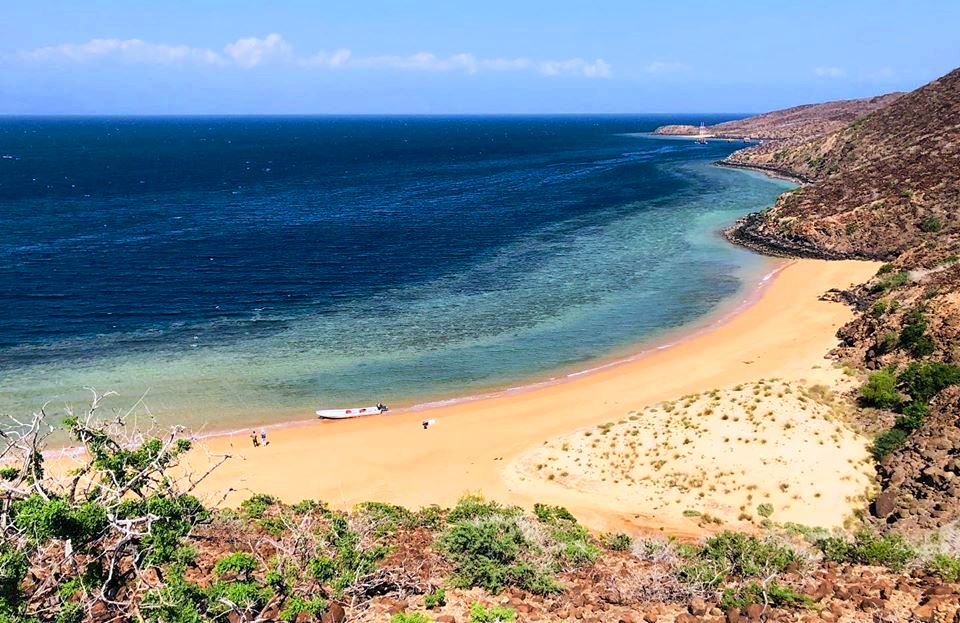
Tadjoura is a picturesque coastal town known for its charming whitewashed buildings and stunning views of the Gulf of Aden. The town is one of the oldest in Djibouti and offers a glimpse into the country’s maritime history. Visitors can explore the local market, relax on the beach, and take boat trips to nearby islands for snorkeling and diving in the vibrant coral reefs.
7. The Red Sea
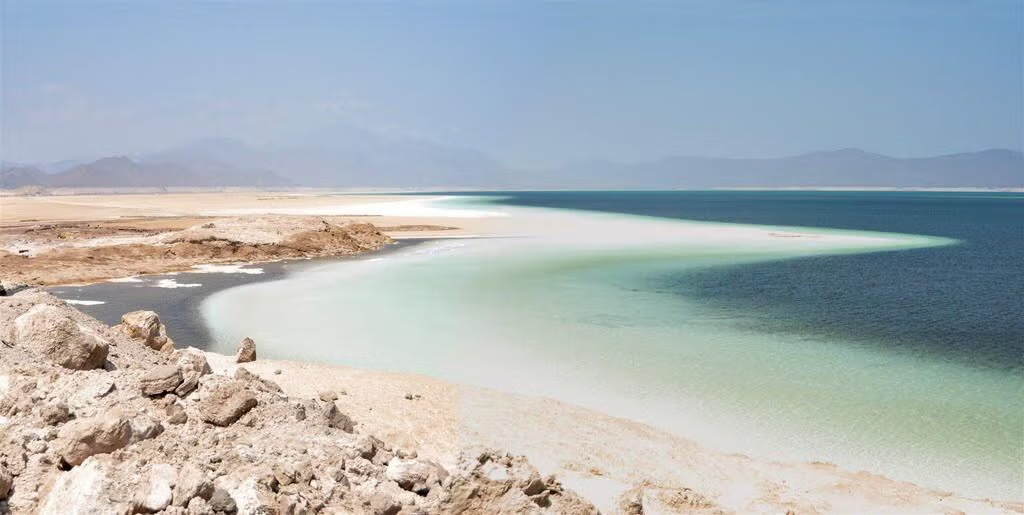
The Red Sea is renowned for its crystal-clear waters, vibrant coral reefs, and diverse marine life, making it a top destination for snorkeling and diving enthusiasts. The coastal areas of Djibouti offer access to stunning dive sites where visitors can encounter colorful fish, sea turtles, and even dolphins. The underwater beauty of the Red Sea is a highlight for those seeking adventure in Djibouti.
8. Rahayta
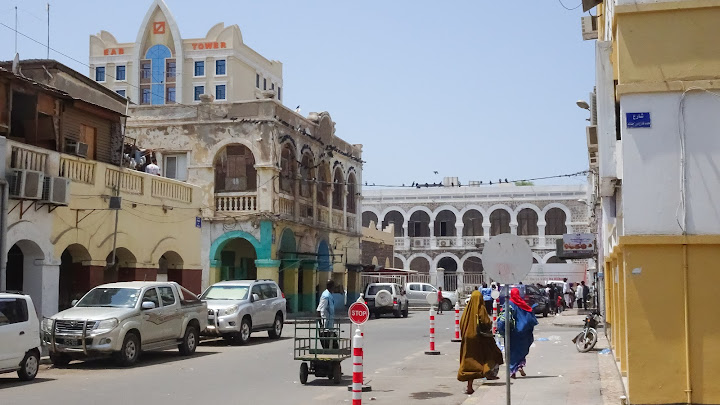
Rahayta is a historic town that showcases Djibouti’s cultural heritage and traditional architecture. The town is known for its ancient ruins and archaeological sites, including remnants of Aksumite and Ottoman structures. Visitors can explore the historical significance of Rahayta and learn about the rich history of the region through guided tours and cultural experiences.
9. Khor Ambado
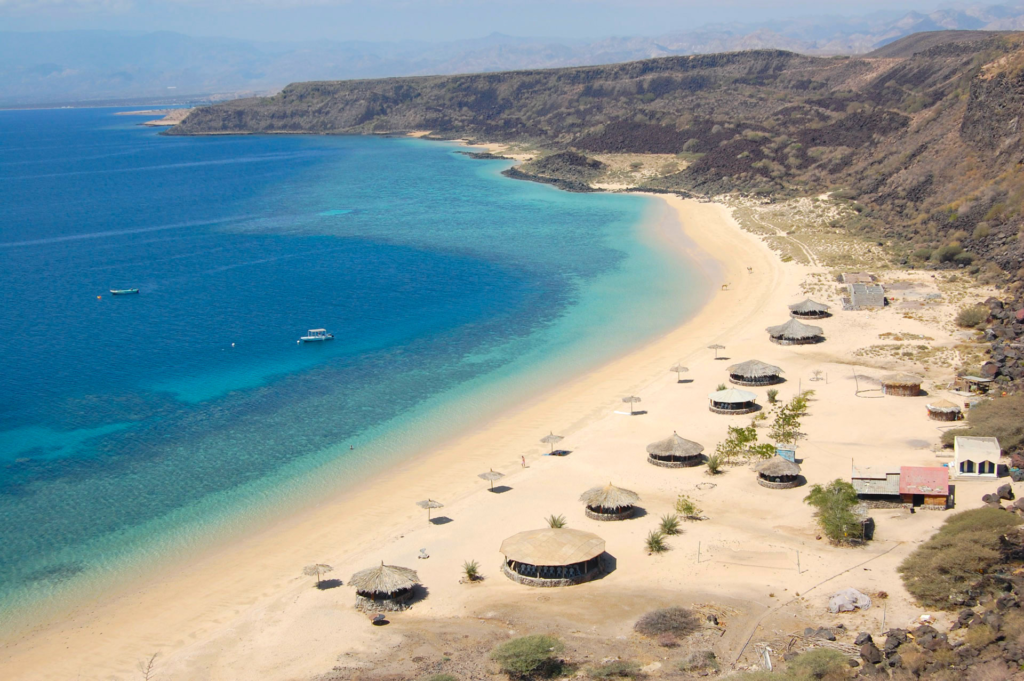
Khor Ambado is a beautiful beach located near Djibouti City, known for its pristine waters and stunning landscapes. The beach is a popular spot for relaxation, swimming, and picnicking. Visitors can enjoy water sports, such as kayaking and snorkeling, while taking in the breathtaking views of the surrounding mountains and coastline.
10. The Djibouti Railway
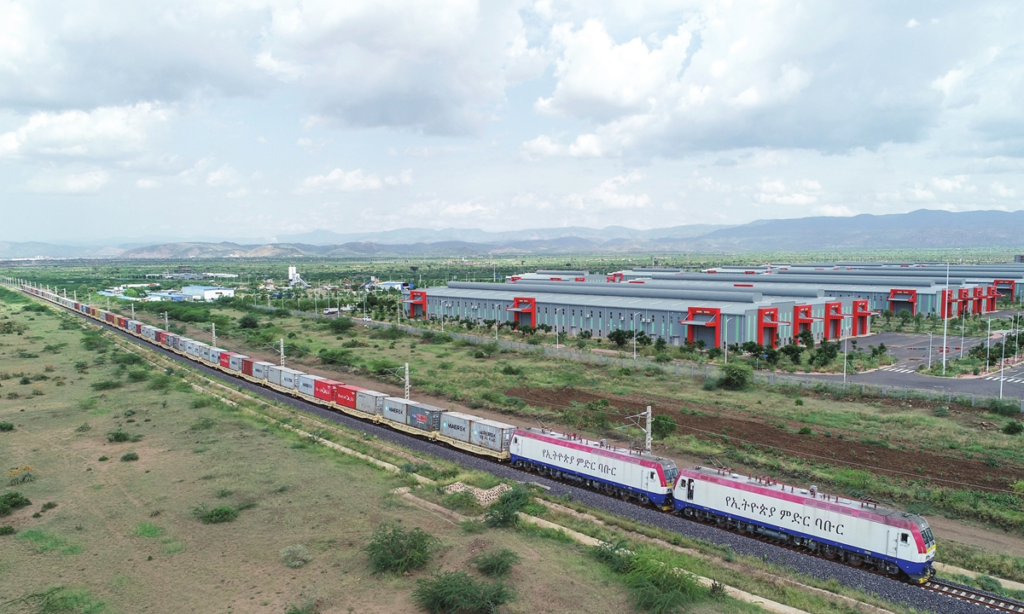
The Djibouti Railway, also known as the Djibouti-Addis Ababa Railway, is a significant transportation link between Djibouti and Ethiopia. Travelers can take a scenic train ride through the picturesque landscapes of the Horn of Africa, passing by lush hills, deserts, and vibrant towns. The railway journey offers a unique perspective on the region’s geography and culture.
Culture
Djibouti’s culture is a blend of African, Arab, and French influences, reflecting the country’s diverse population. The nation is home to several ethnic groups, including the Afar and Issa, each with its own distinct traditions, languages, and customs. The official languages of Djibouti are Arabic and French, with Somali also widely spoken among the local population.
Music and dance play a significant role in Djibouti’s cultural heritage. Traditional music incorporates elements from various cultural influences, with instruments such as the oud and the tambourine featuring prominently. Festivals and celebrations often include lively music and dance performances, showcasing the rich artistic traditions of the country.
The Country is known for its warm hospitality and communal spirit. Family and community are central to the culture, and gatherings often involve shared meals and celebrations. Traditional cuisine reflects the diverse influences of the region, with dishes featuring spices, rice, and fresh seafood. The country’s culinary offerings are a highlight for visitors, providing an opportunity to experience Djibouti’s rich flavors and culinary traditions.
Festivals
Festivals in The Country are vibrant celebrations that showcase the country’s cultural heritage and communal spirit. One of the most significant festivals is Eid al-Fitr, which marks the end of Ramadan. This festive occasion is celebrated with communal prayers, feasting, and gatherings among family and friends. Traditional music and dance are often part of the festivities, creating a lively atmosphere throughout the country.
Another important festival is the Djibouti International Trade Fair, which takes place annually and brings together local and international businesses. The fair showcases Djibouti’s role as a trade hub in the region, with exhibitions, cultural performances, and opportunities for networking. This event highlights the country’s economic potential and fosters connections among diverse communities.
Economy
The economy of The Country is primarily based on trade, services, and logistics, capitalizing on its strategic location as a maritime gateway to the Red Sea and the Indian Ocean. The country serves as a vital shipping hub for goods traveling between Africa and the Middle East, making it an essential player in regional trade networks. The Port of Djibouti is one of the busiest in the region, facilitating the movement of goods and contributing significantly to the national economy.
In addition to trade, The Country has made efforts to diversify its economy by investing in infrastructure, telecommunications, and tourism. The government has prioritized the development of transport and logistics services to enhance connectivity and attract foreign investment. The tourism sector has also seen growth, with an increasing number of visitors drawn to Djibouti’s natural beauty, cultural heritage, and adventure opportunities.
Cuisine
Djibouti’s cuisine is a delightful blend of flavors influenced by African, Arabic, and French culinary traditions. Traditional dishes often feature staples such as rice, lentils, and meats, seasoned with a variety of spices. One of the most popular dishes is lahoh, a type of pancake served with honey or sugar.
Seafood is also prominent in Djibouti’s cuisine, with fresh fish and shellfish prepared in various styles. Another beloved dish is skoudehkaris, a flavorful rice dish cooked with spices, meat, and vegetables. Kebabs and grilled meats are commonly enjoyed, often served with a side of spicy sauce.
The local coffee culture is also noteworthy, with strong, aromatic coffee served in traditional ceremonies. Visitors to Djibouti can experience the vibrant culinary scene through local markets, restaurants, and family gatherings.
Top Eight Most Famous Food
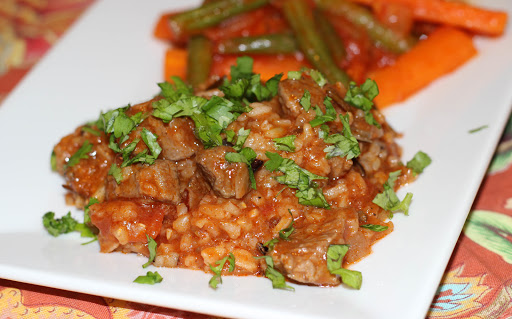
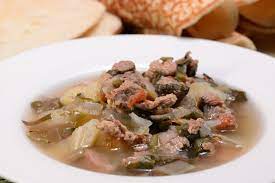
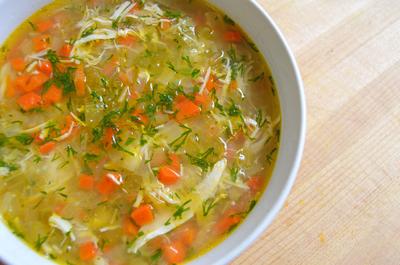

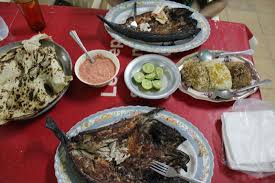



Interesting Facts About Djibouti
- Home to Africa’s lowest point, Lake Assal.
- Strategically located at the Red Sea’s entrance.
- Capital city is also called Djibouti.
- Official languages are French and Arabic.
- One of the hottest countries globally.
- Known for unique volcanic landscapes.
- Economy relies on port services.
- Hosts multiple international military bases.
- Rich in Somali and Afar poetry traditions.
- Gulf of Tadjoura is a top diving spot.
Conclusion
Djibouti may be a small nation, but its rich history, diverse culture, and stunning landscapes make it a fascinating destination for travelers seeking to explore the crossroads of Africa and Asia. From the breathtaking views of Lake Assal to the vibrant streets of Djibouti City, the country offers a unique blend of experiences that leave a lasting impression. As tourism continues to grow, The Country is poised to become a more prominent destination, inviting visitors to discover its hidden gems and embrace the warmth of its people.

